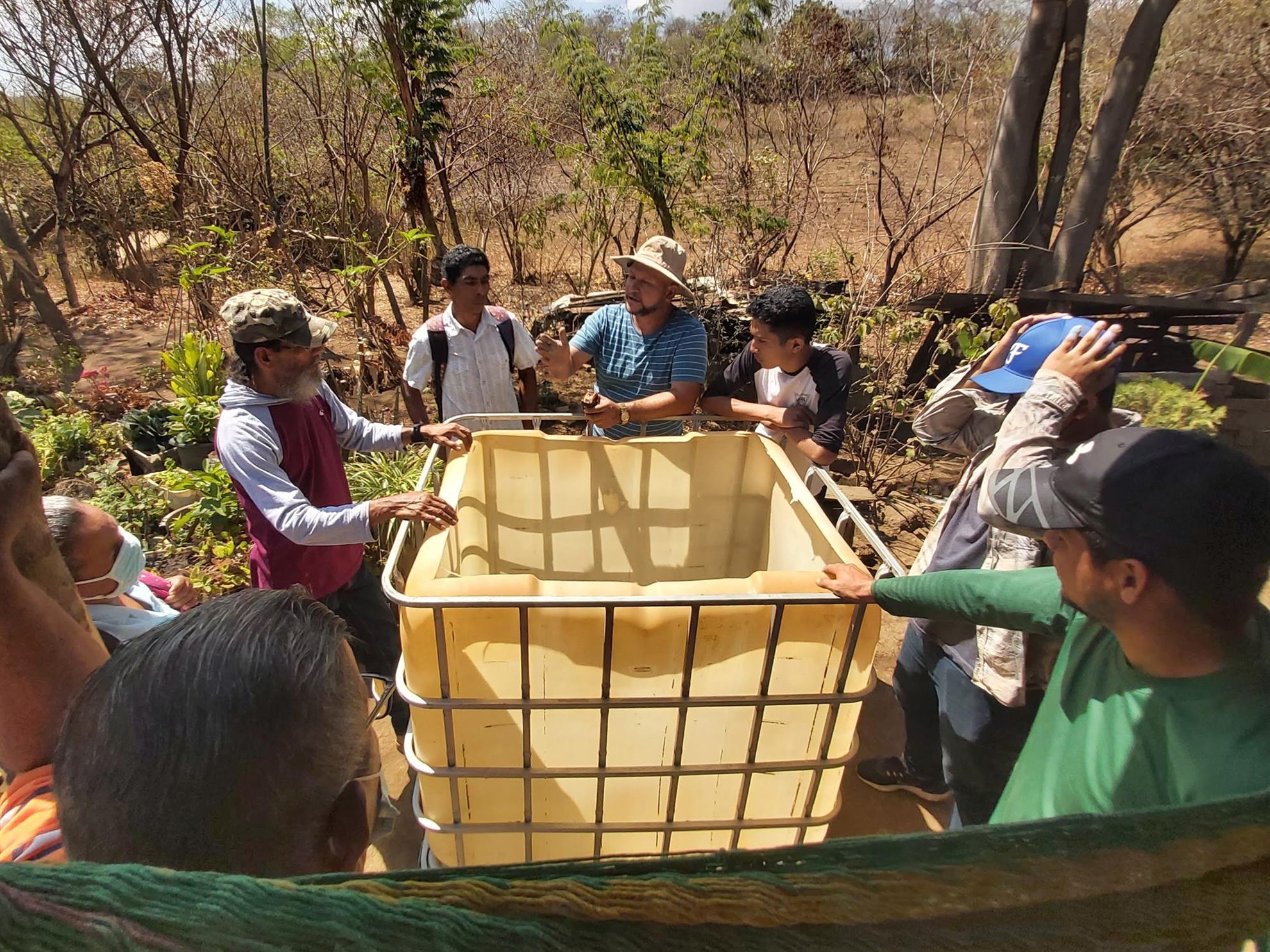
A training session was held and the first system has been installed.
The Fish & Food for Families: Aquaponics in Nicaragua Project is off to a successful start! The first training with participants was held on Sunday, March 13 and installed the first system. Those who participated are now installing their own systems. The professor will review their work and put the fish and plants in the first system.
PROGRESS PHOTOS:
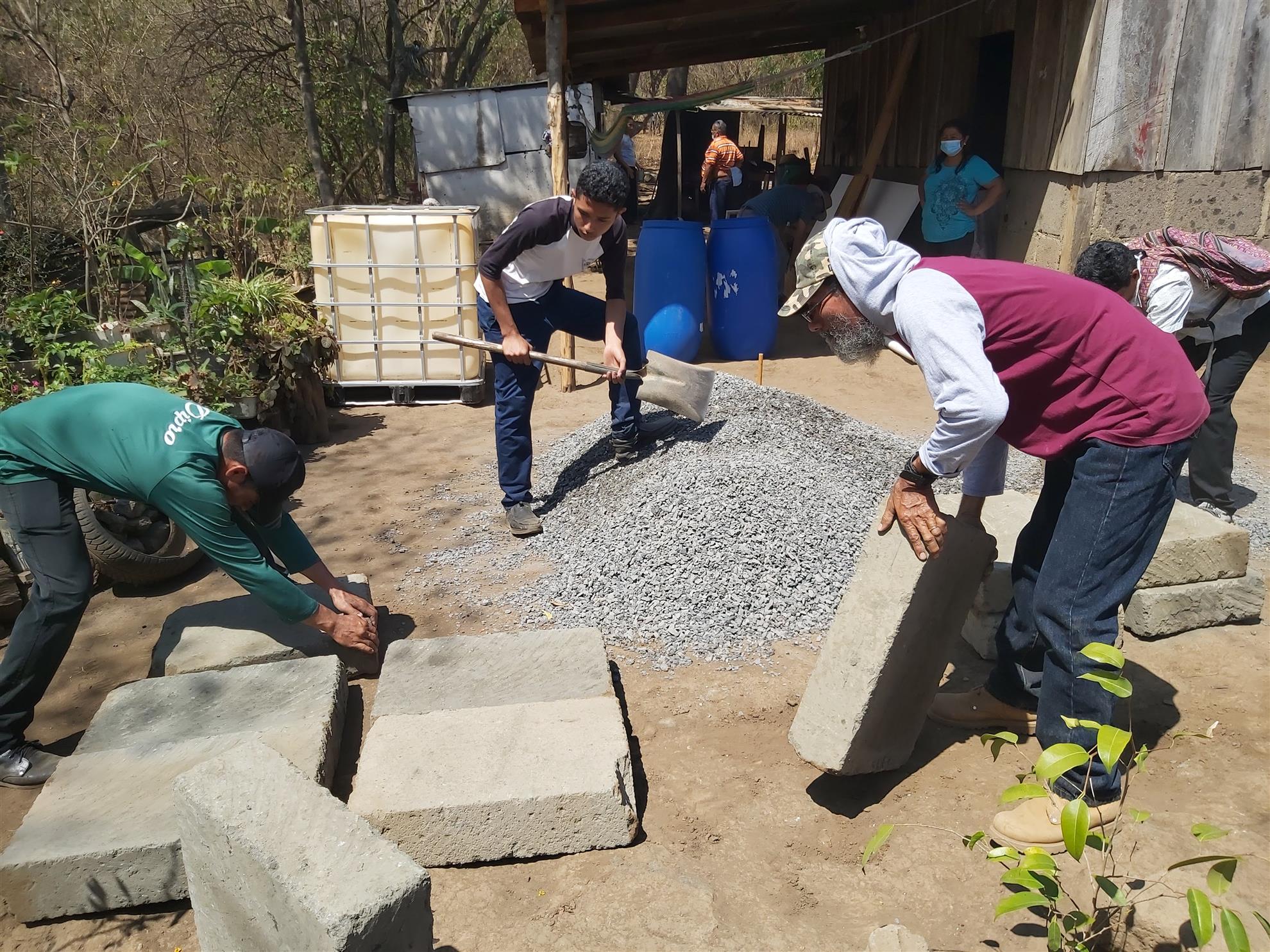
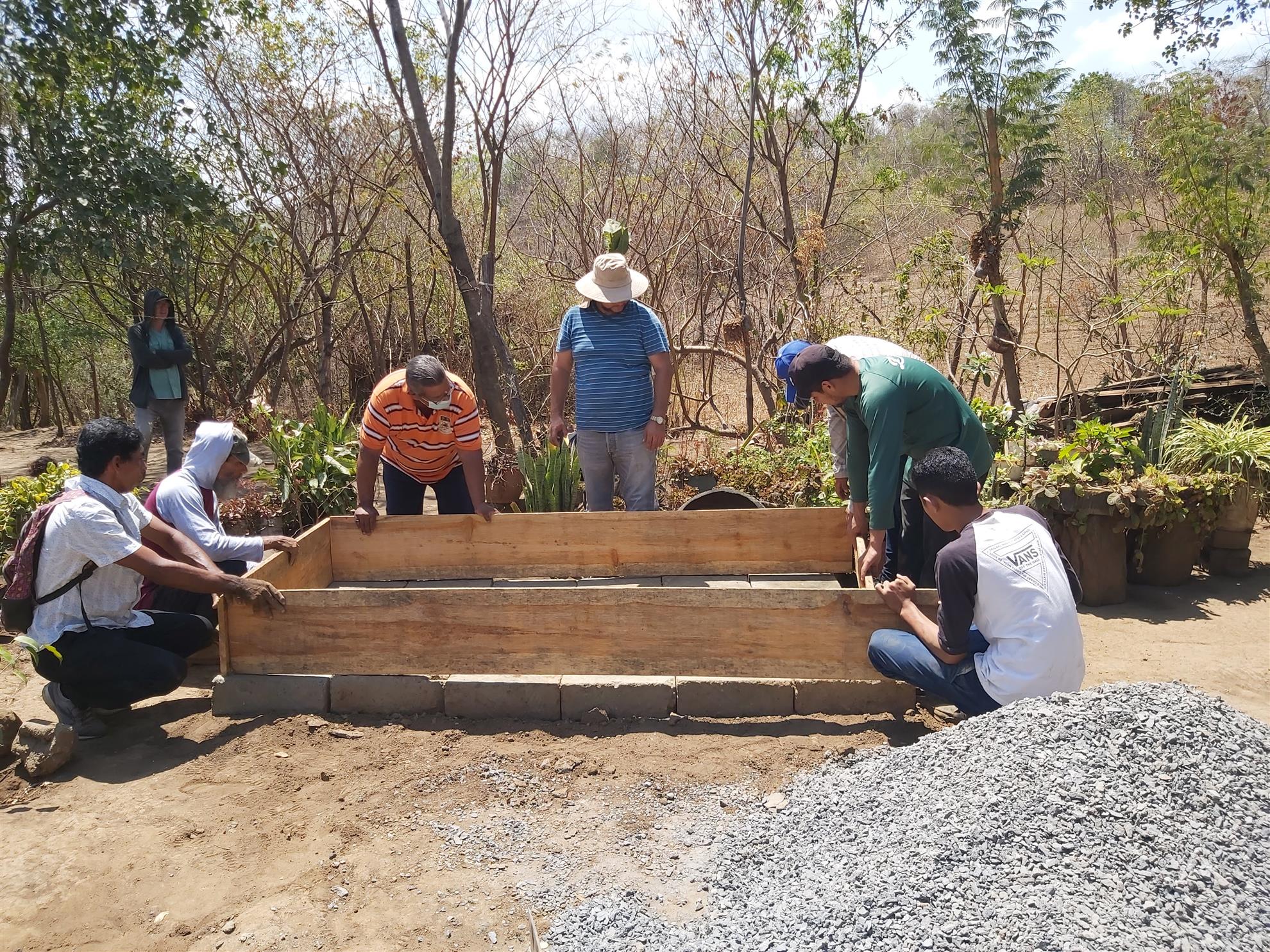
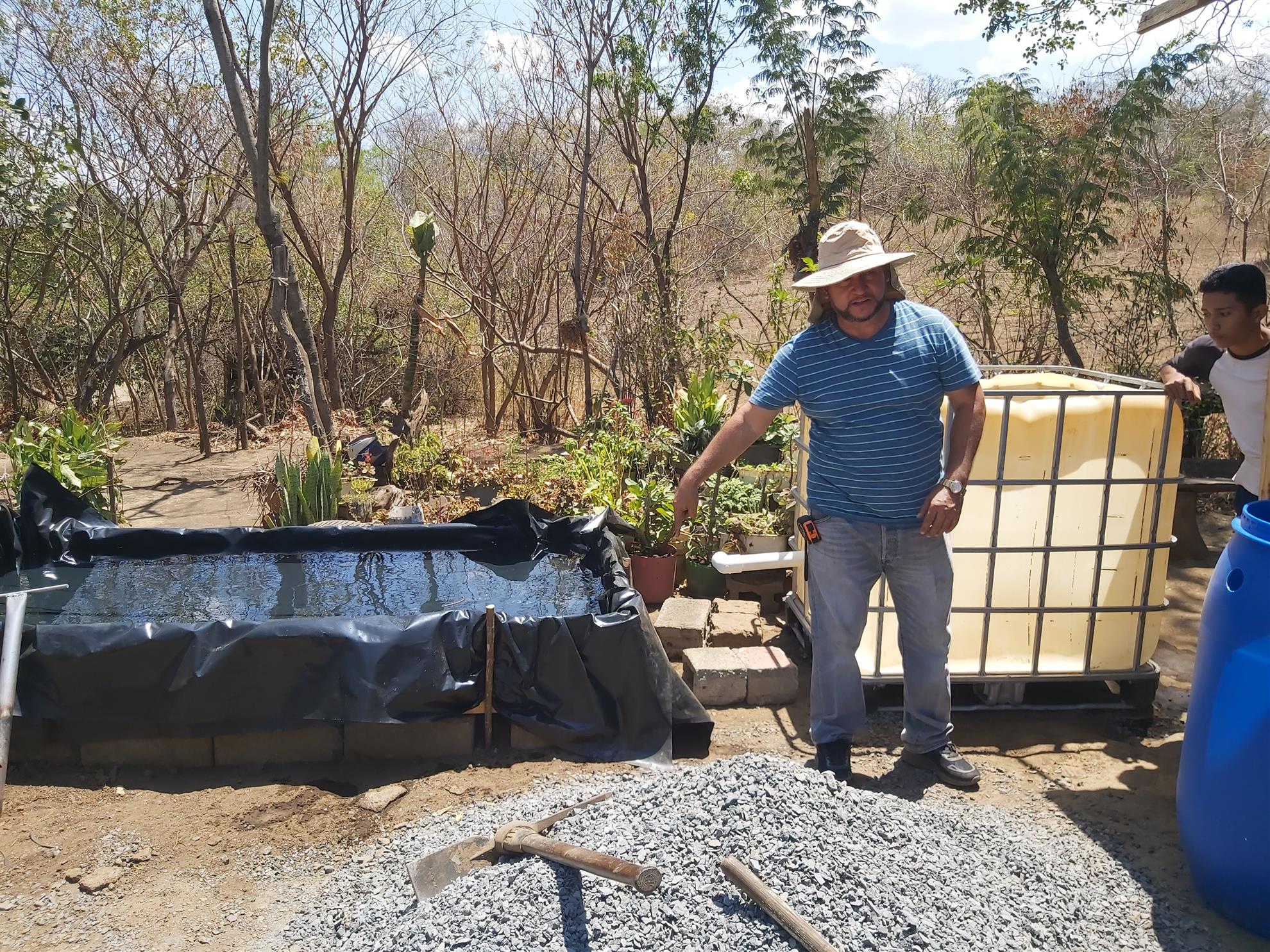
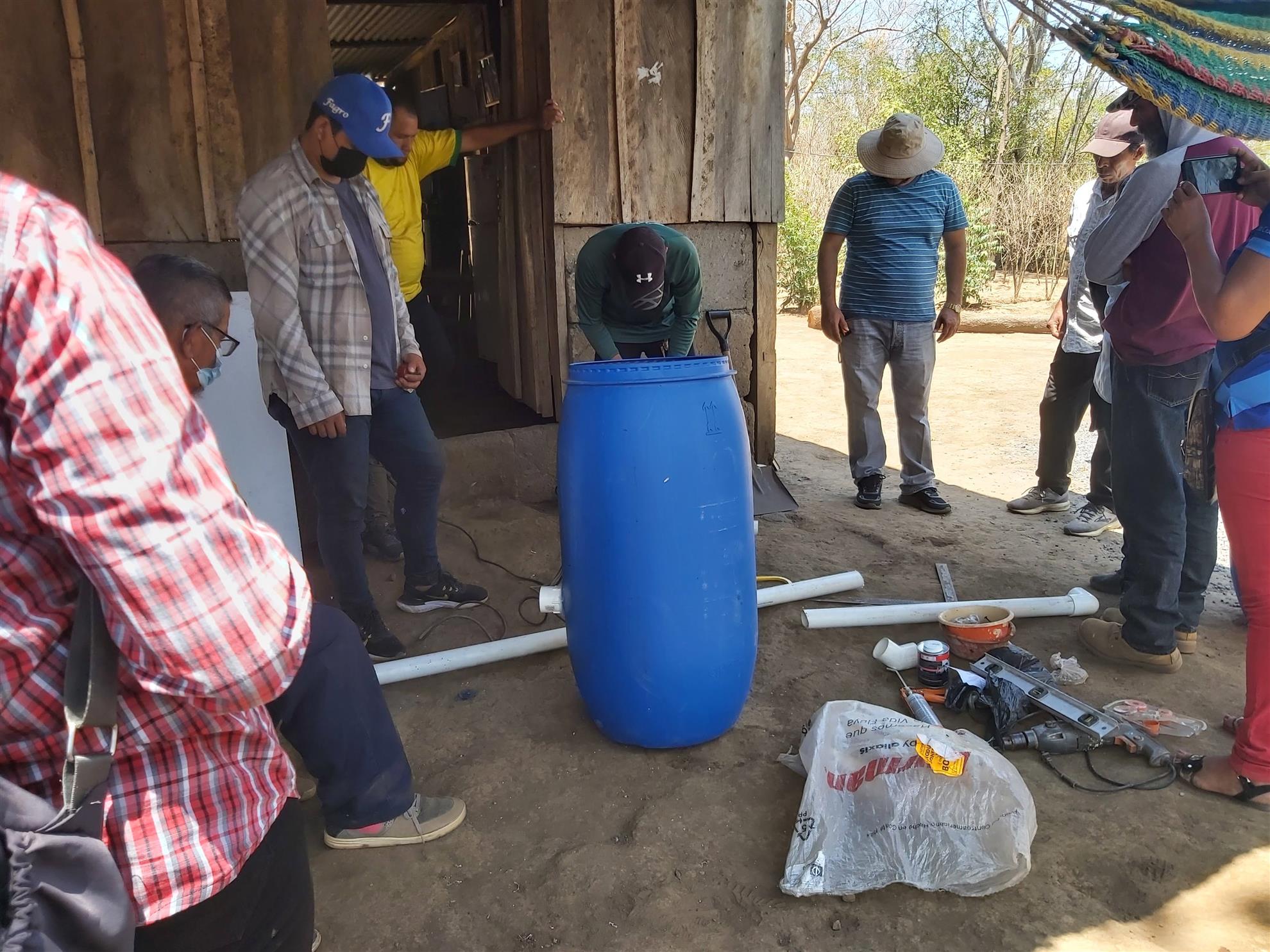
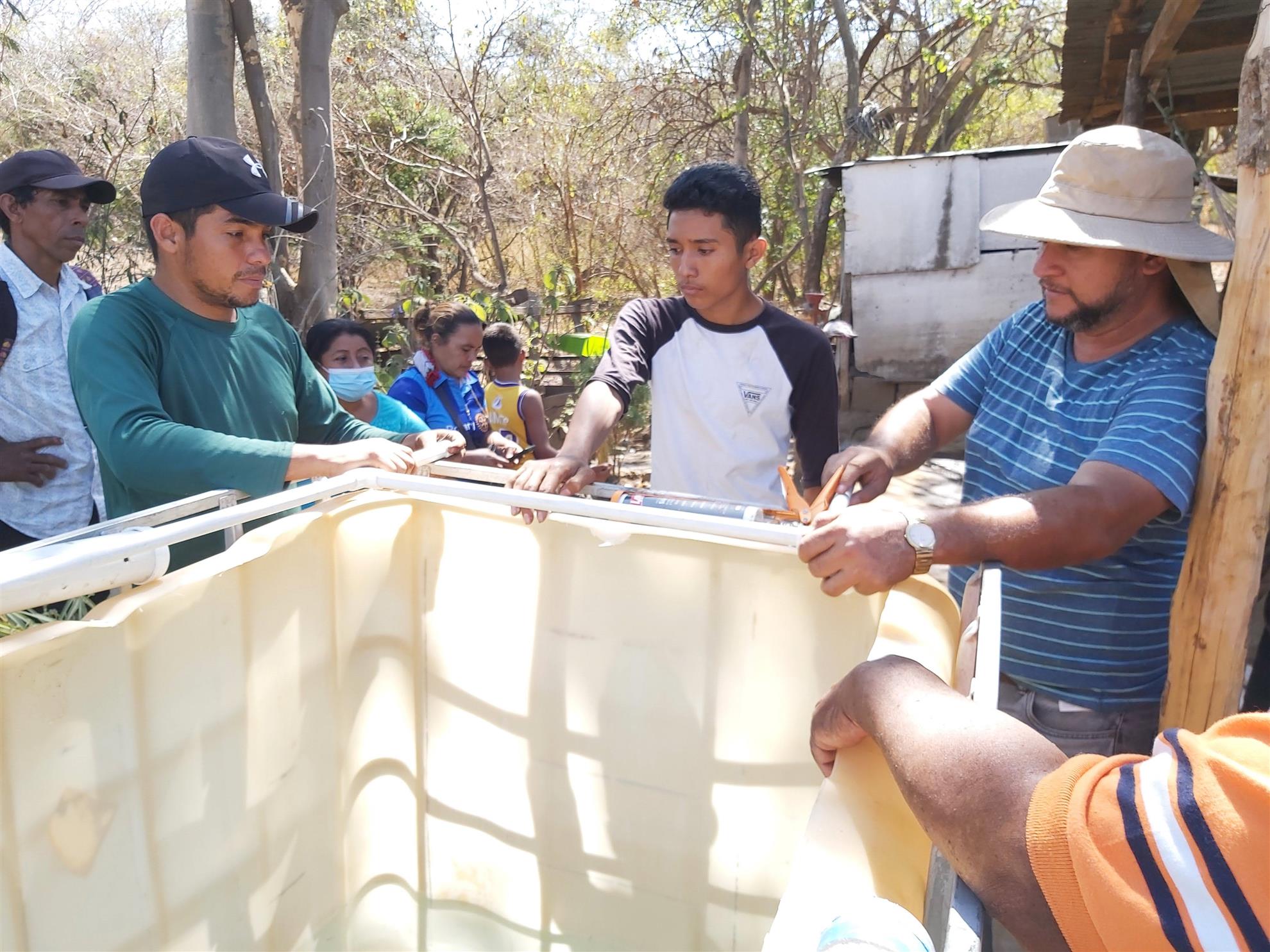
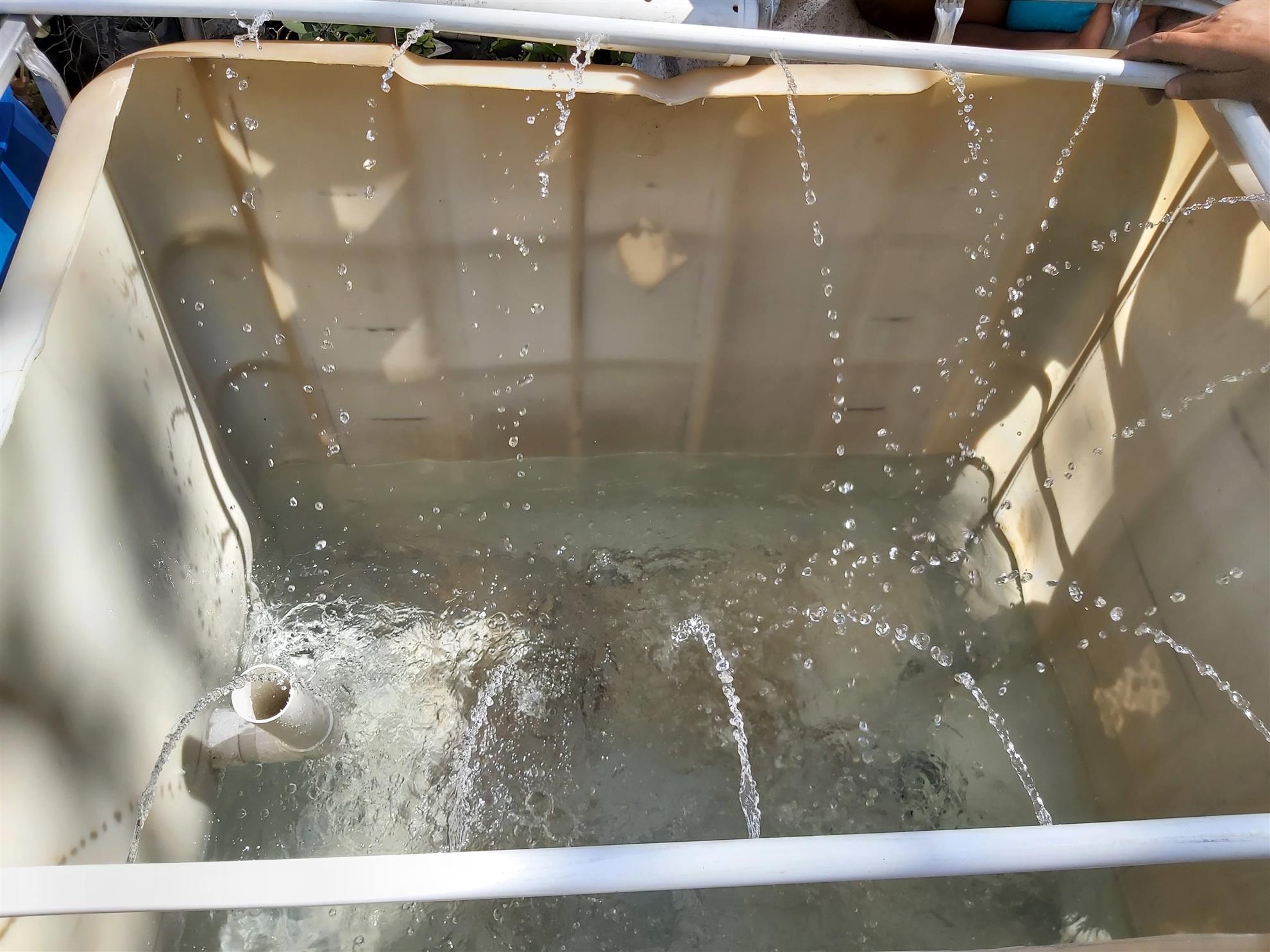
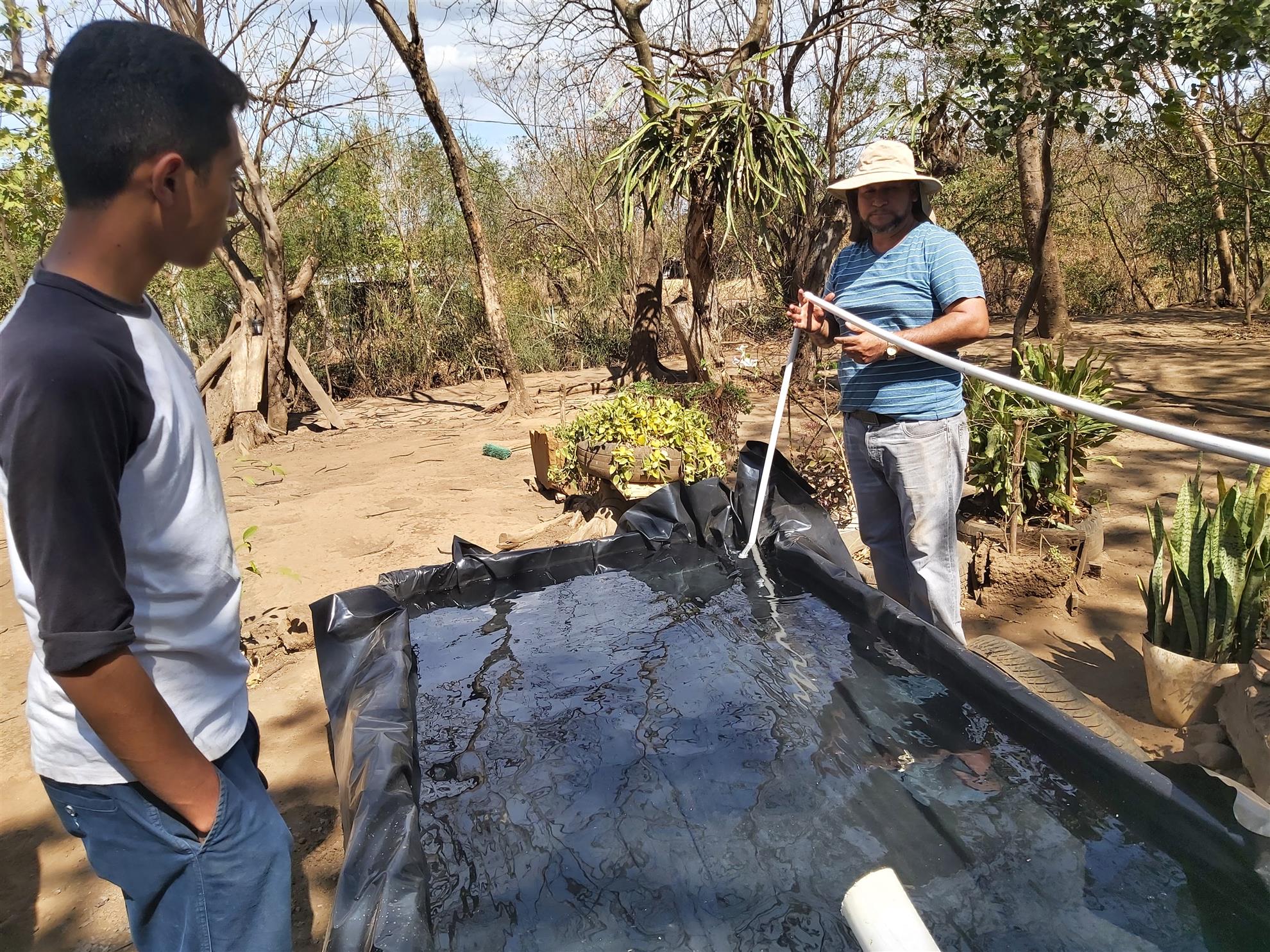
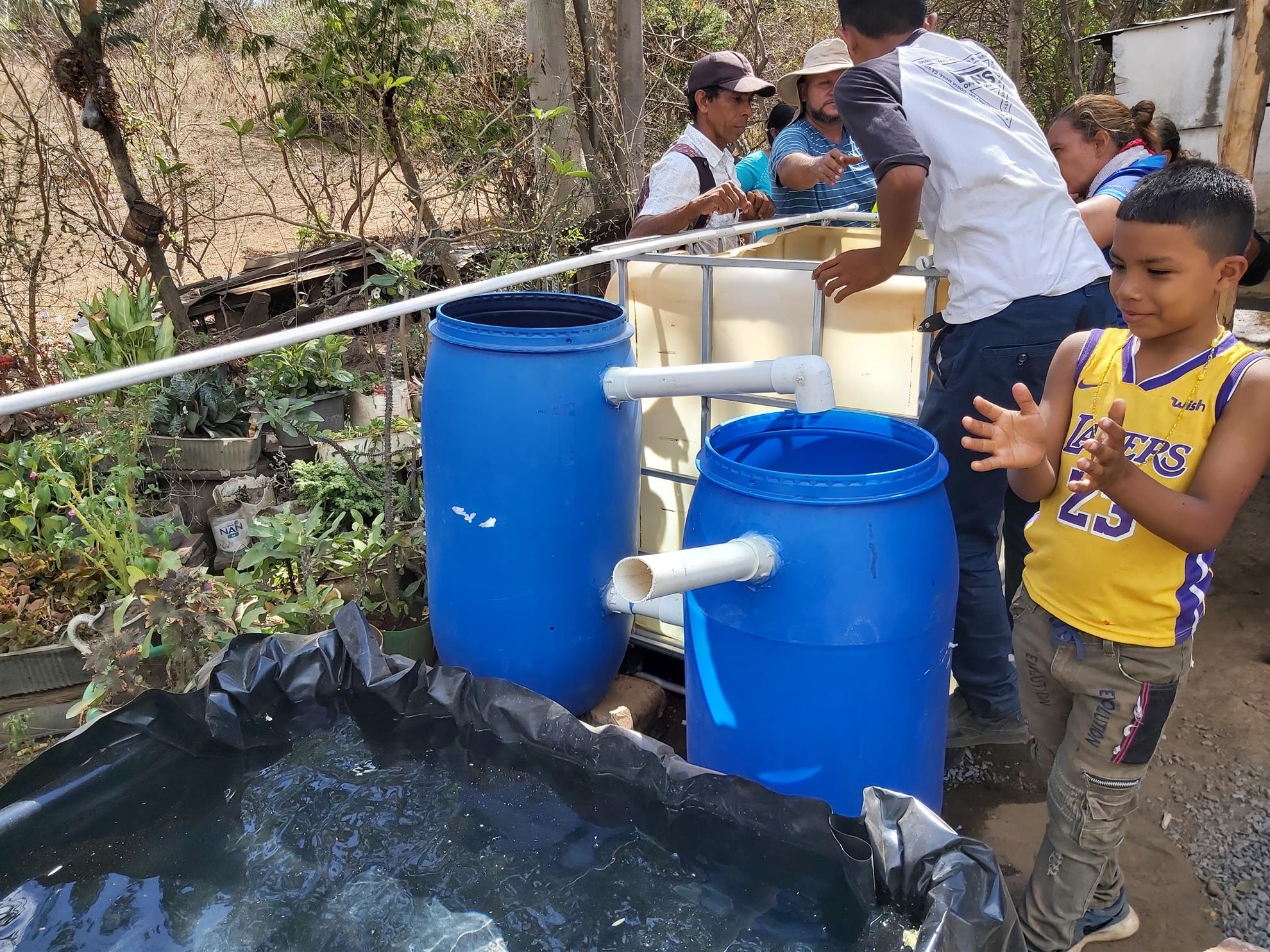
PROJECT DETAILS:
The Fish & Food for Families: Aquaponics in Nicaragua Project was approved by The Rotary Foundation for a Global Grant to support the most vulnerable in rural Ciudad Sandino and Nagarote to begin to recover economically and in health from the COVID-19 pandemic by installing aquaponics systems to improve families' nutritional health and the development of a transferable economic model.
This project promotes the installation of aquaponics systems. Three prototype models were established with families in the local community and have formed a partnership with the National Agrarian University (UAN). An initial group of families have been identified in both urban and rural areas to receive the systems and learn to use them.
The aquaponics system grows tilapia fish in a tank, then their waste water gravity feeds into growing beds where plants like celery, mint, and other vegetables turn the waste and ammonia into nutrients, cleaning the water for the fish. The clean water is pumped back into the fish tank. With this closed system, a Nicaraguan family can produce 50 lbs of fish and hundreds of pounds of vegetables every six months in their backyard. They can eat the fish and vegetables to improve their families' diet, as well as selling their excess produce to supplement their income.
The engineers at the National Agrarian University (UAN) have a wealth of experience setting up these systems and training Nicaraguan families in new technology to improve family income. The UAN will provide support in identifying families for the project, installing systems and training the families. They will accompany the families during the first 6-month harvest cycle.
This project is easily replicable: experienced aquaponics families can promote the design among their neighbors, and the project can be repeated in nearly any interested community around the country with few adaptations. Each family has an average of 5 members, so this is a potential reach of 285 people benefitted.
The project, supported by the Rotary Club of Santa Barbara Sunrise in partnership with the Rotary Club of Ciudad Sandino, aims to aid those most vulnerable in the community of Ciudad Sandino begin to recover economically and in health from the COVID-19 pandemic. Worldwide, the poorest communities have been most affected by the pandemic, both because they have poorer overall health due to poor nutrition and lack of access to quality health care and also have been more likely to contract the illness. The poor have been more exposed to COVID-19 because of overcrowding in their homes and the inability to self-quarantine - in urban Nicaragua 60% of the population needs to leave home to work in the informal sector daily in order for their families to eat. The poor also find it harder to recover good health after contracting the virus due to lack of good diet and underlying poor health conditions. In Ciudad Sandino the poor are being hard-hit by the pandemic economically - those that work for someone else were the first to lose their jobs and it will be hard to find work again. Those that work for themselves have lost a huge percentage of their income and many who were already struggling have been pushed right to the edge. In order to help them regain stability in their families, they need income and access to better nutrition for their families.
The project budget is $31,545 and is funded by The Rotary Foundation, Rotary Club of Santa Barbara Sunrise, Rotary Club of Ojai, Rotary Club of Solvang, Rotary Club of Bakersfield Twilight, and Rotary District 5240.